
Difference between I Like You and I Love You
phrase Add to word list A2 used, often in requests, to say that you would very much like something: I'd love a cup of coffee if you're making one. [ + to infinitive ] She would dearly love to start her own business. would love (for) someone to do something UK I'd love you to come to dinner next week. US I'd love for you to come to dinner next week.
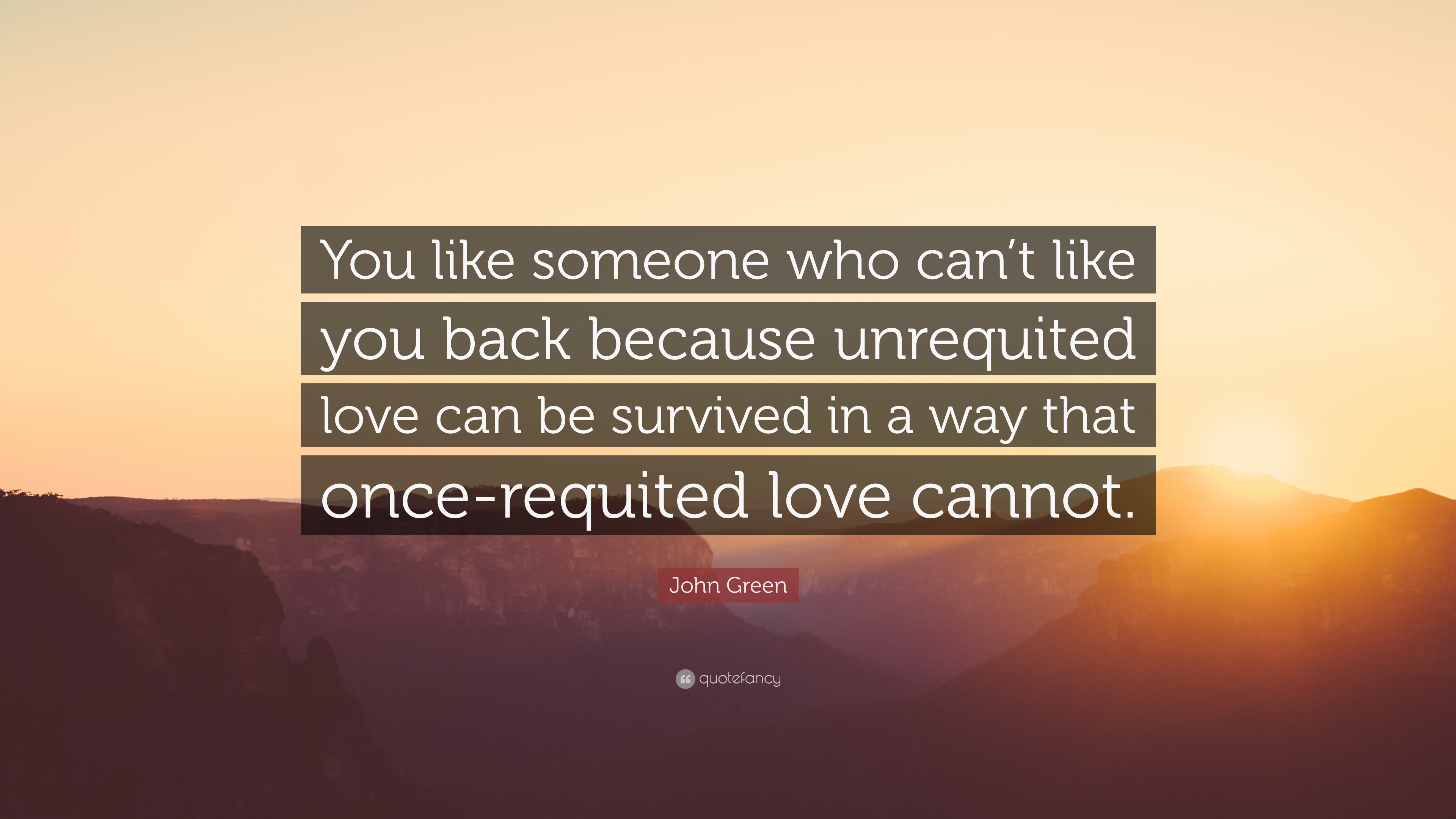
John Green Quote “You like someone who can’t like you back because unrequited love can be
Translate Grammar Thesaurus

Pin on MUSIC
A professional thief and his expert crew attempt the ultimate heist: stealing $500 million in gold from a vault on a plane — 40,000 feet in the air. Young Sheldon. Brilliant yet awkward nine-year-old Sheldon Cooper lands in high school where his smarts leave everyone stumped in this "The Big Bang Theory" spinoff. Ready Player One.
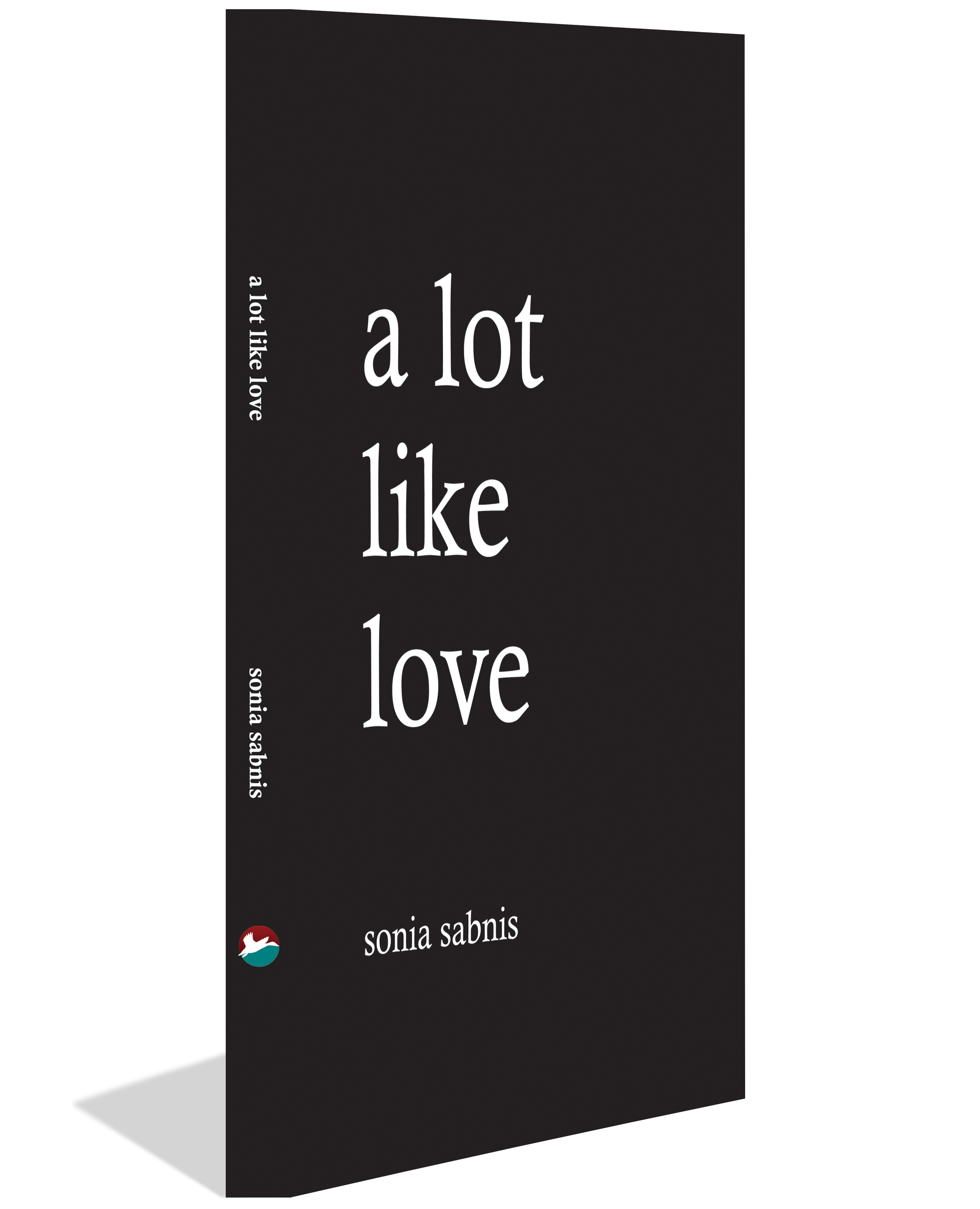
A Lot Like Love CinnamonTeal Design & Publishing
"Love Like This" is a song by English singer-songwriter Zayn. It was released as the lead single from his upcoming fourth studio album on 21 July 2023 through Mercury and Republic Records and serves as his first release under the labels. Zayn wrote the song with producers Jon Bellion and the Monsters & Strangerz (Jordan K. Johnson and Stefan Johnson), alongside Michael Pollack.

The Sacred Margins Collective Favorites sacredmargins
#1 I know people commonly use "would like to" to ask a question, as in "I'd like to know if," but what about "would love to"? Can I say "I'd love to know if" in the same meaning? For example, Can I say "I'd love ( not like) to know if you provide decent accommodations during the program"? Glasguensis Signal Modulation France English - Scotland
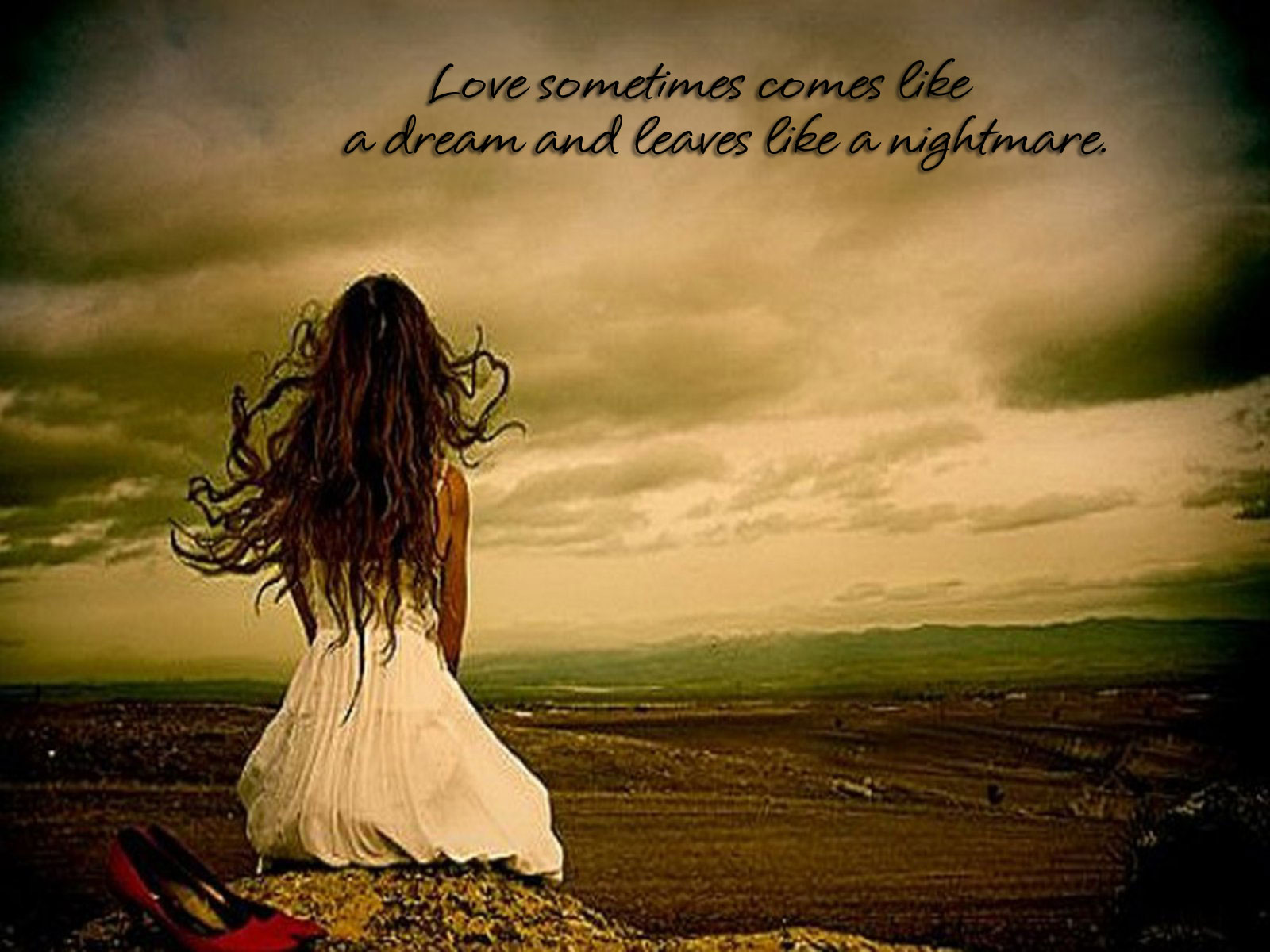
Love sometimes comes like a dream » Love Quotes » Its Me Khyati
used to say what you like, love, hate, etc. would like, love, hate, prefer, etc. something I'd love a coffee.; would like, etc. to do something I'd be only too glad to help.; would like, etc. somebody to do something I'd hate you to think I was criticizing you.; would rather do something I'd rather come with you.; would rather somebody did something I'd rather you came with us.
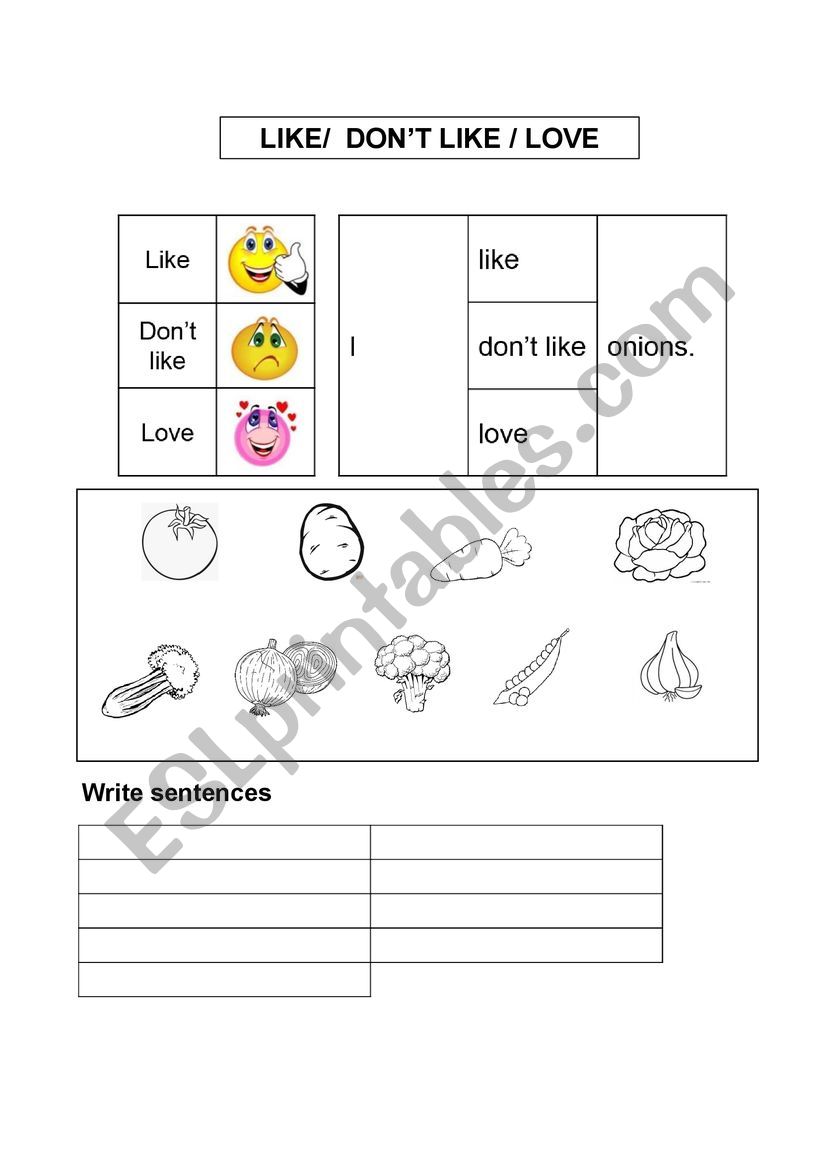
Like & Love ESL worksheet by marianamXD
The search continues. Let's get to the names. Dan Lanning. Oregon coach. ADAMS: Love it. He recruits, he motivates, and he's got a bright future. TOPPMEYER: Sort of like it.
تحميل أيقونات فيس بوك فيكتور مجانا like love تنزيل شعارات فيس بوك بيكتور الصور
#1 I would prefer (that) he came tomorrow. (past subjunctive) I would prefer (that) he come tomorrow. (present subjunctive) I know that both of these sentences have the same meaning. But the first is more polite and less direct. Can I replace "would prefer" with "would like/love" in the sentences above? For example:

The difference between like and love. Lessons Learned in Life
You wouldn't like living there. ("Living" is a gerund .) He probably wouldn't like the food. They wouldn't like doing that kind of work. ("Doing" is a gerund.) Note: Using "would like" in the negative is not always an easy thing to do. This expresses an opinion about a person that might not be true. o o o o o o o o o o o o o Would Like Questions
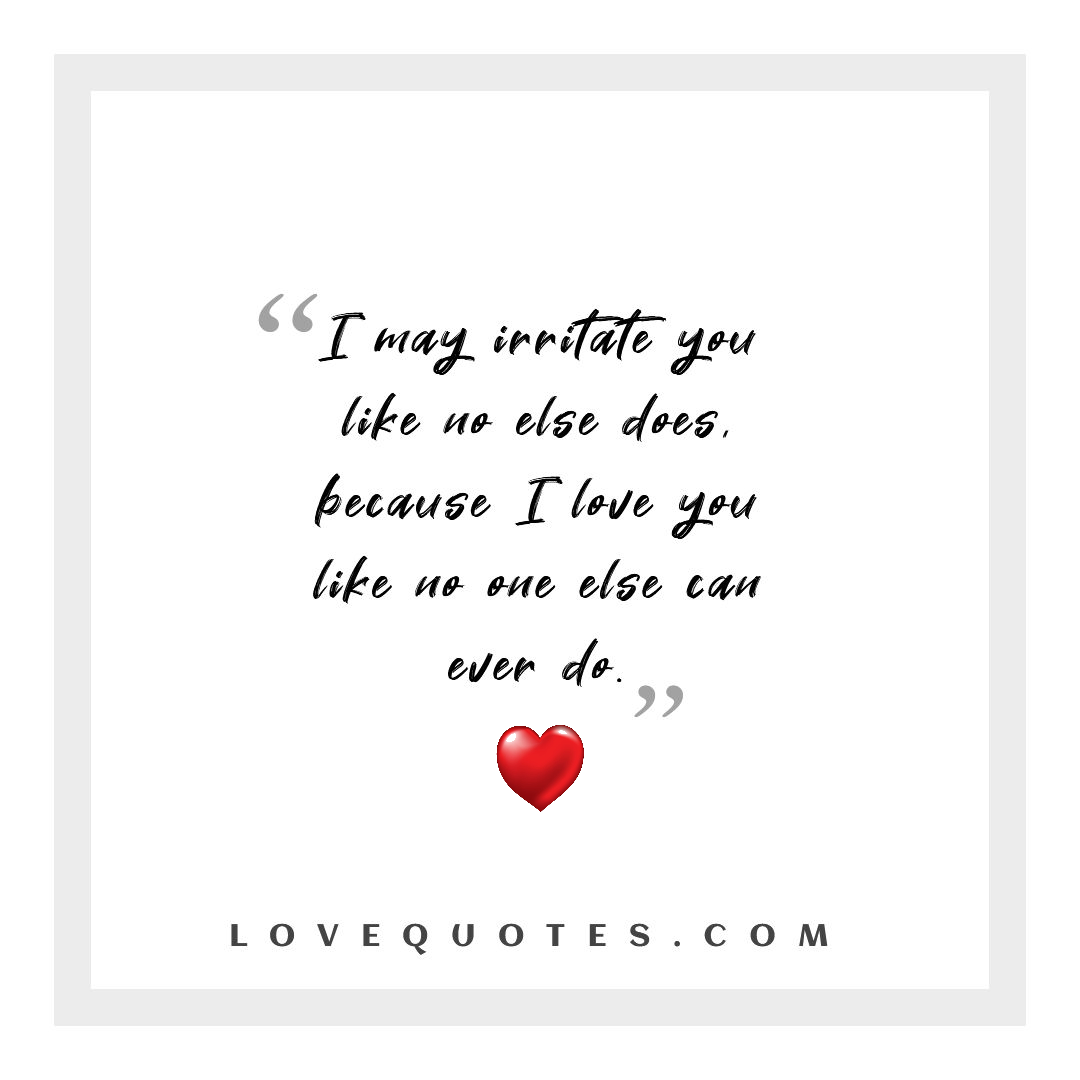
Marlin Brackett
verbs - "would love/like to" usage? - English Language & Usage Stack Exchange Asked 11 years, 5 months ago Modified 9 years, 9 months ago Viewed 67k times This question shows research effort; it is useful and clear 5 This question does not show any research effort; it is unclear or not useful Save this question. Show activity on this post.

The Difference Between Like And Love Pictures, Photos, and Images for Facebook, Tumblr
KEY TAKEAWAYS. "I would love to" is a grammatically correct phrase that you can use to express your eagerness to do something in informal contexts. Another informal way to say "I would love to" is "I'm in.". As a formal alternative, you can use the phrase "I would welcome the opportunity.". We're not done yet!

دانلود فیلم A Lot Like Love 2023
I will love to vs I would love to | Wordvice AI US How do these phrases differ? Examples of " I would love to " on the Internet 7,200,199 results on the web I would love to babysit for you. Thank you for inviting me; I would love to go to Hawaii with you. I would love to get married on the beach. I would love to meet up with you sometime.

A lot like love
However, it is still a much more professional alternative than "I would love to," as "gladly" is more appropriate formally than "love." Now, here are a few examples for further understanding: I'd gladly assist you in the matter. I'd gladly attend your opening ceremony. Thank you for the invitation. I'd gladly show you the way.

A Lot Like Love (2005)
"I would love too" is saying you would love something in addition to a previously established thing you'd love. Both expressions can be used, but they refer to different things. Consider the following example conversation: Do you want to go to the store with me? I would love to, let's go.

Sounds Like Love Official Trailer Netflix YouTube
1. Using "Like" When You Really Mean "Love". One of the most common mistakes people make is using the word "like" when they really mean "love.". While "like" and "love" are both positive feelings, they are not interchangeable. "Like" is a more casual feeling, while "love" is a deeper and more intense emotion.

Long Conversation Makes Me Feel Better Like Love Long Conversation Makes Me Feel
The "love" in "I would love to" has little to do with the "love" in "I love you"; the second one is expressing a personal emotion that is (arguably) unprofessional, while the first one is expressing enthusiasm for an event or an activity. "I love my job" or "I love making clients happy", when spoken without sarcasm, are exceedingly professional.